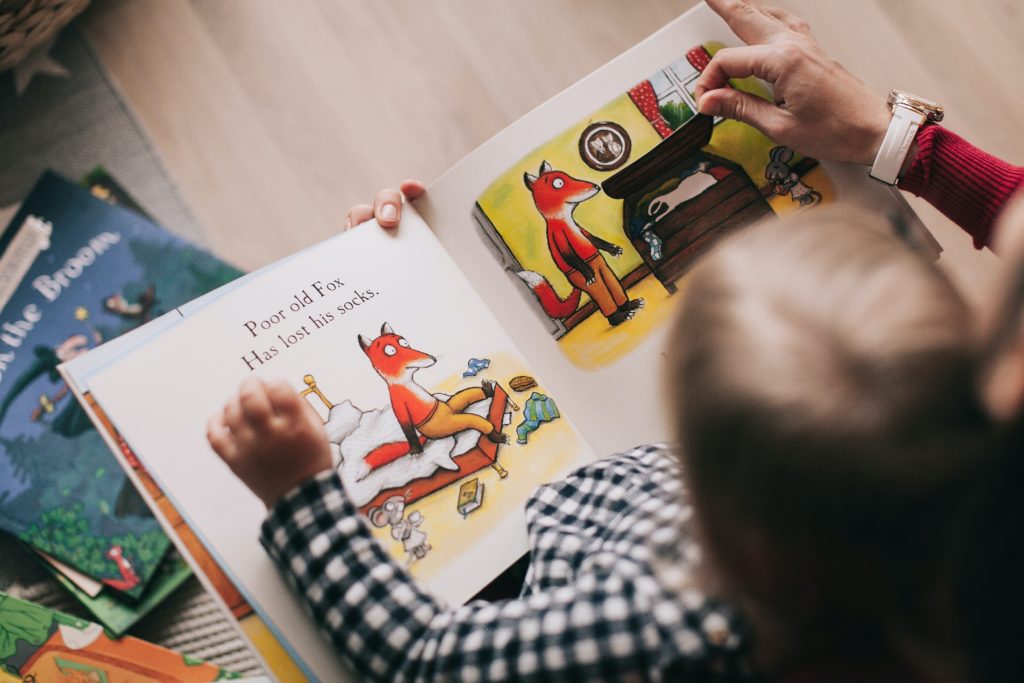How Can an Evening Routine Help?

Most families practice a morning routine, as it helps to get your family moving and out the door on time. However, evenings tend to be more relaxed. But, would your family benefit from ENDING the day with an evening routine? Ending your day with a routine can be helpful for children to gain independence, regulate energy levels, and develop important skills. In general, having routines help build executive functioning skills in children.
Executive functioning is a precise blend of motor, sensory, and communication skills that are very critical to our daily decision making skills and our behaviors. Memory, mental flexibility, and control are the powerhouse behind executive functioning, and we can begin learning these skill sets at a very young age.
In addition to refining executive functioning skills, evening routines can help in other ways.
How an Evening Routine Helps
- Promote self-control – balancing activities and utilizing time efficiently.
- Reducing anxiety – each day will have some predictability.
- Increase confidence and independence – kids learn to manage tasks on their own.
- Regulate energy levels – helps in winding down after a busy day.
So, if an evening routine is something you would like to initiate within your home, there are some things to think about.
Things to Keep in Mind
- Think about what each child needs to do every night, and remember that routines vary from person to person or child to child. Therefore, it is very important to find what works for each individual person and stick to it.
- Make time for activities of daily living. A successful routine will incorporate and prioritize what MUST be done every night. Consider such things as snack, chores, homework, and bedtimes.
- Include hobbies and preferences. Hobbies and preferences are essential for development and assist in creating a foundation for healthy habits. Some activities to consider include: brushing teeth, dance class, baseball, etc.
- Always be positive and encouraging. Make sure that there is plenty of time for fun, otherwise motivation to engage and participate is limited. Make sure to include play time outside.
- Pay attention to how your child responds. Make sure that your child is successful with the routine. Don’t dwell on what wasn’t completed. Make adjustments as needed until you have found a routine that works. Also, provide praise for accomplishments.
- Be open to change. If your child seems overwhelmed or disengaged, then talk to them about what is happening in their daily schedules. Make sure that your child is enjoying the activities that they are participating in.
Starting something new always comes with its challenges and difficulties, but it is extremely important to keep in mind the long term benefits. Be patient. The routine that works for your child may not be the routine you envisioned. And that is perfectly OK! Establishing a new routine or habit takes time, consistency, and patience. The long term effects will be worth all of the hard work in the end and for years to come.
